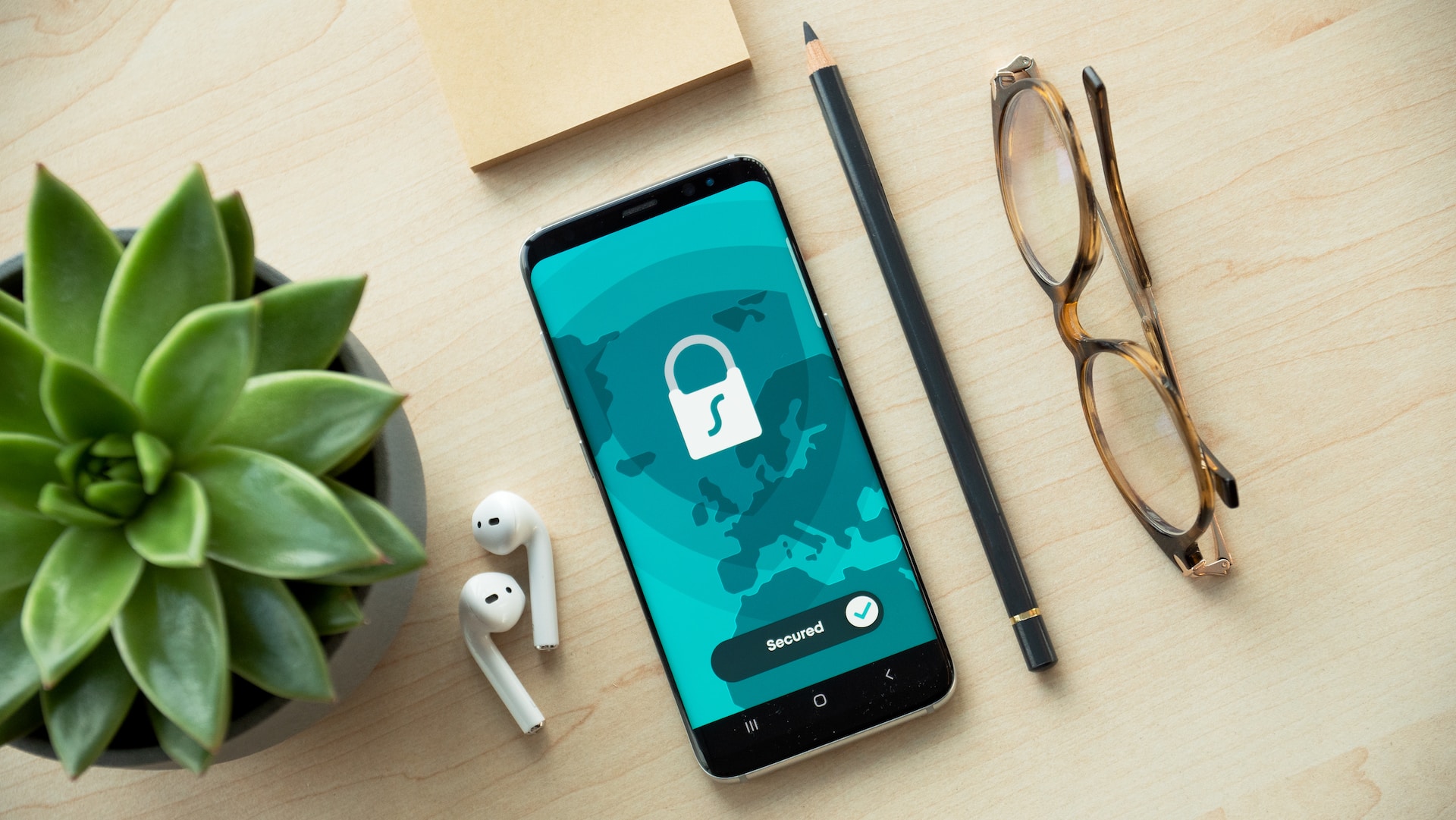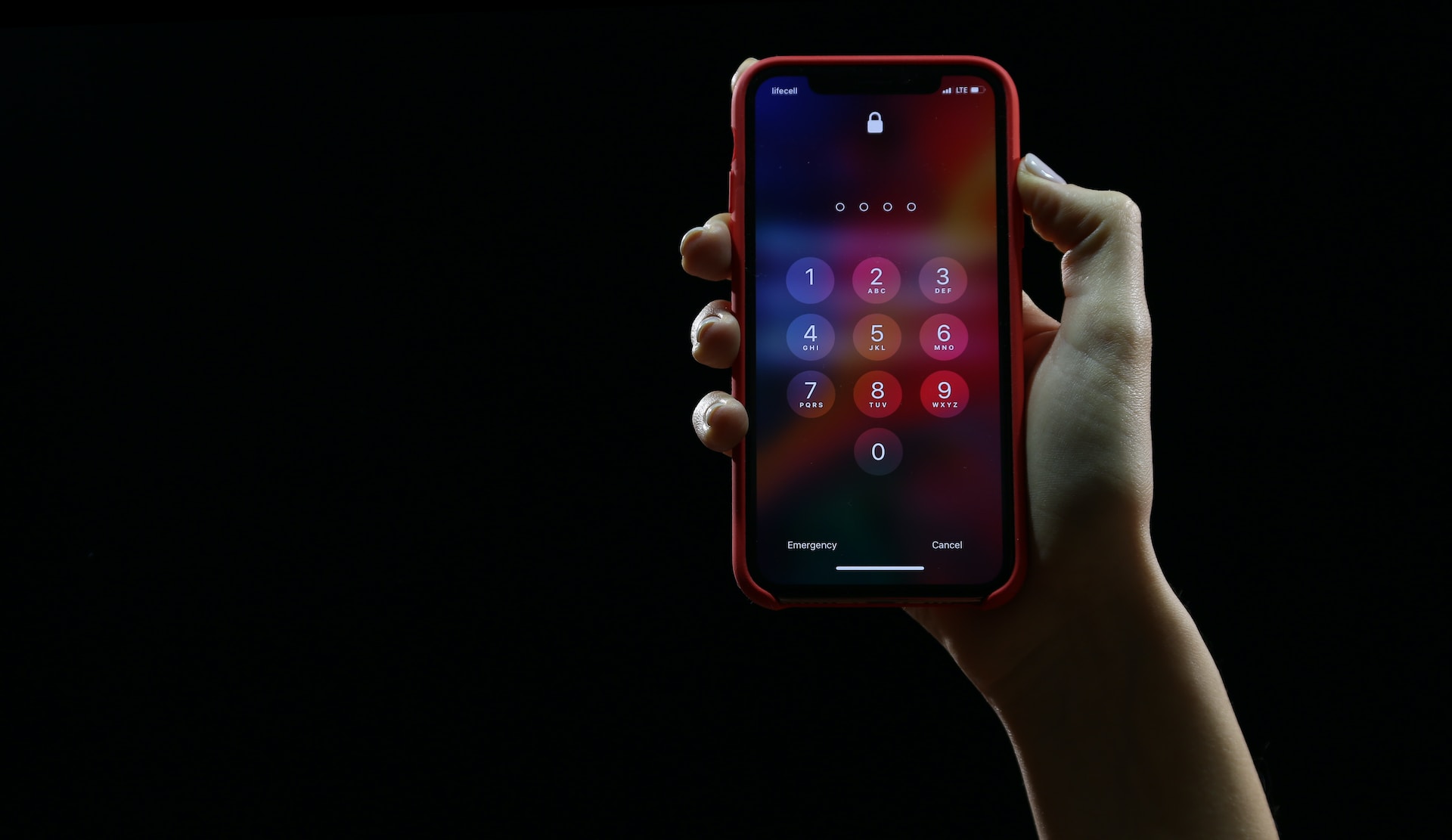
In today’s digital age, managing personal finances has become more accessible and more convenient with the help of various financial apps and online tools. These digital resources provide individuals with a streamlined and accessible way to track income, expenses, savings, and investments. This article will explore the importance of cybersecurity in using financial apps like that at Super.com as one way to manage finances effectively and securely. And various personal finance strategies specifically designed for everyday Americans. Managing personal finances is a crucial skill for everyone. To navigate the complex financial landscape, adopting effective strategies to achieve financial stability and security is essential.

When using financial apps like the one at super.com, it is important to establish clear financial goals. Defining specific and measurable financial objectives can help guide your decisions and actions, whether it’s saving for a down payment, paying off debt, or building an emergency fund. Financial apps can assist in tracking progress toward your goals and provide insights to help you stay on track. Setting clear financial goals is essential for guiding your personal finance journey. By creating these goals that are specific, measurable, achievable, relevant, and time-bound (SMART goals), you provide yourself with a roadmap to success. For instance, if you want to save up for a down payment on a house, you can break down the goal into short-term and long-term objectives. Short-term goals could include saving a certain amount each month, while the long-term goal might be achieving the desired down payment within a specific timeframe. You can stay motivated and focused on achieving your financial goals by tracking your progress and setting milestones.

Securing your financial app with a strong password is crucial to protect your sensitive information. Use a combo of uppercase and lowercase letters, numbers, and special characters to create a robust password. Avoid using easily guessable information such as your name, birth date, or sequential numbers. Regularly update your password and enable two-factor authentication for an added layer of security.

Before using a financial app, carefully review its security features and data encryption protocols. Look for apps that use end-to-end encryption to protect your data during transmission and storage. Read user reviews and check for any reported security incidents or breaches associated with the app. Additionally, only download apps from trusted sources such as official app stores to minimize the risk of downloading malicious software.

When installing a financial app, pay attention to the permissions it requests. Only grant necessary permissions that are directly related to the app’s functionality. Be cautious of apps requesting excessive permissions, as this could indicate privacy risks. Regularly review and update app permissions to ensure you maintain control over your personal information.
Keeping your financial apps up to date is crucial to ensure you have the latest security patches and bug fixes. Developers frequently release updates to address vulnerabilities and improve app security. Enable automatic app updates or regularly check for updates manually. Outdated apps may contain security vulnerabilities that cybercriminals can exploit.

Since financial apps are often used on mobile devices, it is important to secure your device itself. Set up a strong passcode or biometric authentication to unlock your device. Enable remote tracking and data wiping features in case your device is lost or stolen. Avoid using public Wi-Fi networks when accessing financial apps to minimize the risk of data interception.

Phishing is a common cybersecurity threat where cybercriminals attempt to cheat users into revealing sensitive information through fraudulent emails, messages, or websites. Be cautious of any unexpected communications requesting personal or financial information. Legitimate financial institutions and apps will never ask you to give sensitive information via email or text. If in doubt, contact the institution or app directly through official channels to verify the request.
Stay vigilant by regularly monitoring your financial app and bank account activity. Keep an eye out for any suspicious transactions or unauthorized access attempts. Report any unusual or suspicious activity to your financial institution immediately. Many financial apps offer real-time notifications and alerts for account activity, providing an extra layer of security and enabling you to promptly detect and respond to potential threats.

Having a realistic budget is a crucial step in effective financial management. Start by tracking your finances by looking at your income and expenses to gain a clear understanding of where your money is going. Categorize your costs into essential and discretionary items, such as housing, utilities, transportation, groceries, entertainment, dining out, and hobbies. Once you have a clear picture of your cash flow, allocate your income to different expense categories based on priority.
Remember to prioritize essential expenses while setting aside a portion for savings and debt repayment. A realistic budget helps you make informed spending decisions, live within your means, and achieve your financial goals.

Staying informed about cybersecurity best practices is essential to protect yourself while using financial apps. Stay updated on the latest cybersecurity trends, threats, and prevention techniques. Educate yourself on topics such as password hygiene, phishing awareness, and safe browsing habits. By continuously learning and applying best practices, you can enhance your online security and make informed decisions to safeguard your financial information.

Building an emergency fund is a fundamental aspect of personal finance. Life is full of unexpected expenses, such as medical emergencies, car repairs, or job loss. Having an emergency fund gives you a financial safety net and protects you from going into debt during challenging times. Start by setting a savings goal for your emergency fund, aiming for at least three to six months’ worth of living expenses. Open a separate account specifically designated for emergencies and automate regular contributions. Treating these contributions as non-negotiable expenses allows you to gradually build a solid emergency fund and gain peace of mind knowing you have a financial buffer.

Planning for retirement is crucial regardless of your age. If available, take advantage of employer-sponsored retirement plans such as 401(k) or 403(b) plans. Contribute at least enough to receive the maximum employer match, as it’s essentially free money that boosts your retirement savings. If employer-sponsored plans are not an option, consider opening an individual retirement account (IRA). Traditional IRAs may offer tax-deductible contributions, while Roth IRAs allow for after-tax contributions that grow tax-free. Aim to contribute the maximum allowed amount each year to maximize your retirement savings potential and secure a comfortable future.

Growing your wealth over the long term is possible through investing. To manage investment risk, it’s essential to diversify your portfolio. This means spreading your investments across various asset classes, such as stocks, bonds, real estate, and mutual funds. By diversifying, you can minimize the impact of market volatility on your portfolio. Consider investing in low-cost index funds or exchange-traded funds (ETFs) that provide broad market exposure. These funds replicate the performance of a specific index, such as the S&P 500, and offer a diversified approach to investing. Regularly reviewing your investment portfolio and rebalancing if necessary allows you to maintain your desired asset allocation and adapt to changing market conditions.

In the digital age, using financial apps like the one at super.com to manage personal finances offers convenience and efficiency. However, it is crucial to prioritize cybersecurity to protect sensitive financial information from cyber threats. By setting clear financial goals, creating strong passwords, ensuring app security, monitoring app permissions, updating apps regularly, securing mobile devices, being cautious of phishing attempts, monitoring account activity, and staying educated on cybersecurity best practices, individuals can confidently and securely manage their finances using apps. Taking proactive steps to enhance cybersecurity while using financial apps ensures that everyday Americans can enjoy the benefits of technology without compromising their financial security. Personal finance is a lifelong journey, and with the right strategies in place, everyone can navigate financial challenges, achieve their goals, and enjoy financial freedom.

